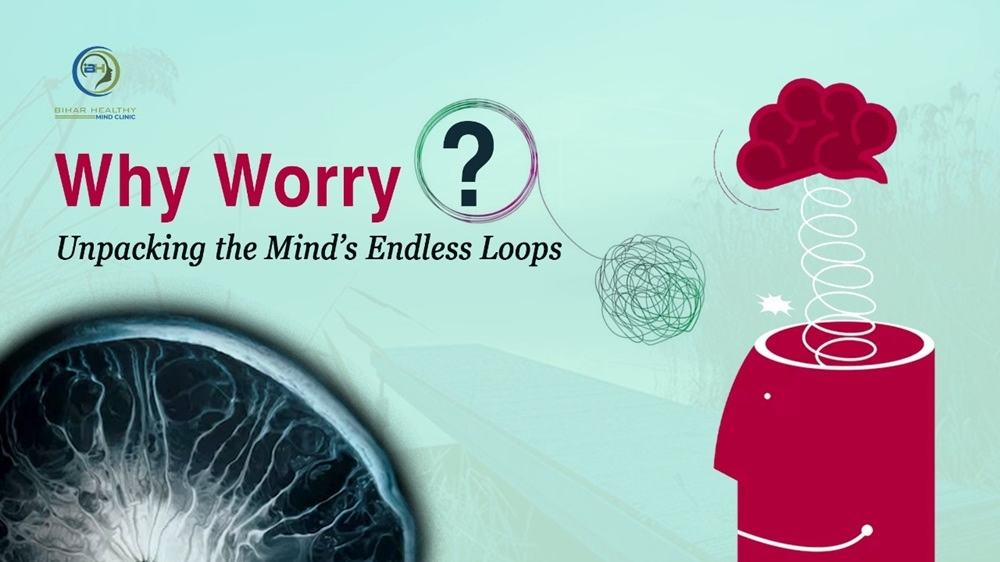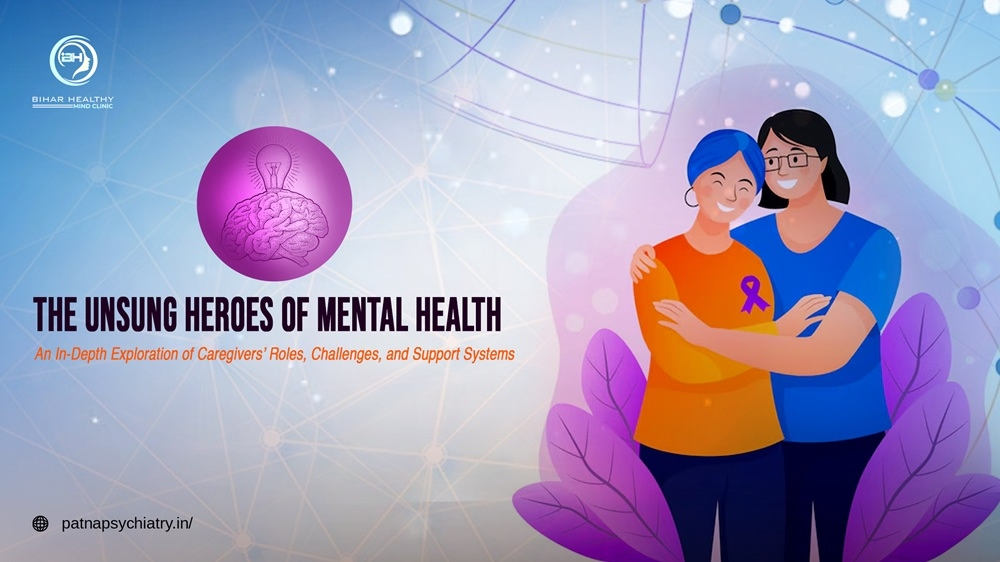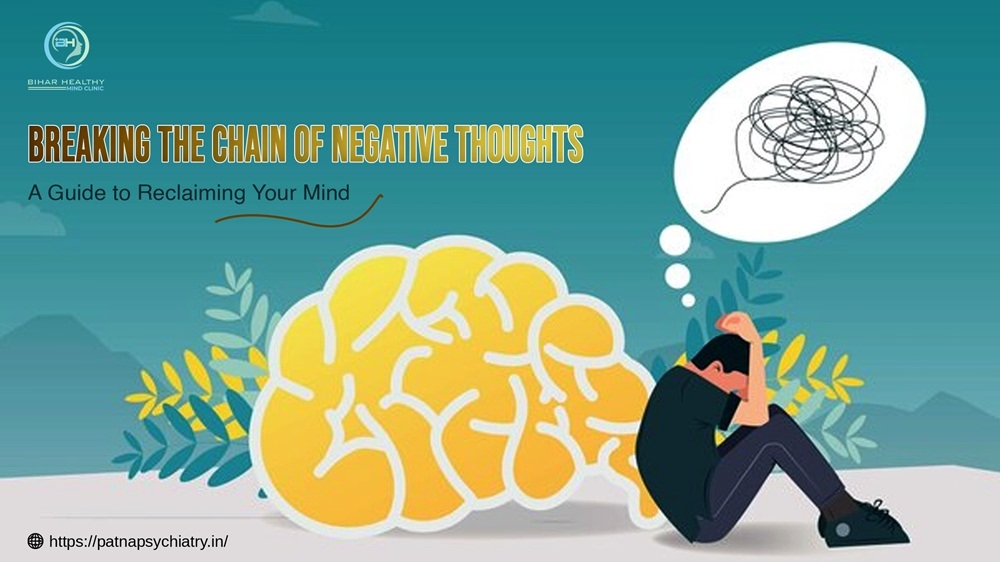Mental health is often likened to a garden—it needs nurturing, attention, and the right environment to thrive. While many factors influence our mental well-being, one key component often overlooked is our inner strengths. These enduring traits, known as character strengths, can transform our mental landscape, enabling us to overcome challenges, build meaningful connections, and find purpose in life.
This blog explores the profound role of character strengths in shaping mental health, delving into research, relatable stories, and actionable strategies to help you embrace a more resilient and fulfilling life.
The Foundation of Character Strengths
What Are Character Strengths?
Character strengths are universally recognized traits that reflect the best of human nature. These traits, such as kindness, perseverance, and curiosity, are not just morally valued—they are tools for achieving a flourishing life. Classified into six broad virtues by psychologists Martin Seligman and Christopher Peterson, they include:
- Wisdom and Knowledge: Strengths like creativity, curiosity, and love of learning that expand our understanding of the world.
- Courage: Traits such as bravery and perseverance that enable us to confront challenges.
- Humanity: Interpersonal virtues like kindness and love that nurture our relationships.
- Justice: Strengths like fairness and teamwork that promote social harmony.
- Temperance: Traits such as humility and self-regulation that balance our impulses.
- Transcendence: Strengths like gratitude and hope that connect us to something greater than ourselves.
Let’s begin with a relatable story to ground this concept. Imagine Emily, a young artist struggling with self-doubt. Her creativity fuels her passion for painting, but she often hesitates to showcase her work due to fear of rejection. Over time, Emily leans into her bravery, deciding to exhibit her art at a local gallery. The experience not only boosts her confidence but also ignites a sense of purpose in her life, proving how interwoven character strengths can shape our mental well-being.
The Science of Strengths and Mental Health
Strengths as the Building Blocks of Resilience
Character strengths are not just pleasant traits—they serve as psychological armor. During stressful times, strengths like hope, perseverance, and humor act as buffers against emotional turmoil.
Take the example of Ravi, a mid-career professional navigating a sudden job loss. Initially overwhelmed, Ravi relies on his hope to envision new possibilities and his self-regulation to establish a daily job-search routine. These strengths not only keep him grounded but also position him for success, leading him to secure a fulfilling role within months. This resilience is backed by studies showing that individuals who lean on their strengths during adversity experience quicker emotional recovery and lower levels of stress.
PERMA: The Framework for Flourishing
Martin Seligman’s well-being model, encapsulated in the acronym PERMA, underscores how character strengths underpin mental health. The five pillars include:
- Positive Emotions: Traits like gratitude boost joy and contentment.
- Engagement: Strengths like curiosity immerse us in fulfilling activities.
- Relationships: Humanity-related strengths such as kindness foster deeper connections.
- Meaning: Transcendence-related strengths like hope provide a sense of purpose.
- Accomplishment: Courageous strengths such as perseverance drive us toward our goals.
Let’s consider Daniel, a teacher. His love of learning (engagement) motivates him to continually refine his teaching methods, while his gratitude (positive emotion) helps him appreciate his students' small victories. Together, these strengths contribute to his thriving professional and personal life.
Strengths in Action: Real-Life Stories
In a bustling tech startup, Lisa, a team leader, faces a critical product launch with looming deadlines. The pressure is immense, and her team is on the verge of burnout. Lisa leverages her fairness (justice) to ensure workload equity and her humor (transcendence) to lighten the mood during long hours. Her approach not only strengthens team morale but also leads to a successful launch, showcasing how character strengths can drive organizational success.
Parenting is one of life’s most demanding roles, requiring a balance of discipline, empathy, and patience. Consider Priya, a mother of two, who encourages her children to develop their curiosity by exploring nature. She uses their questions as teaching moments, nurturing their love for learning while building resilience to face challenges in school and beyond.
Studies on strengths-based parenting reveal that fostering virtues like perseverance and gratitude in children enhances their emotional intelligence and academic performance, preparing them for lifelong success.
Liam, a college student battling social anxiety, often avoids social gatherings. However, with the guidance of a counselor, he begins to explore his character strengths. Recognizing his curiosity, he decides to join a book club—a space where he can discuss his favorite novels. Over time, this small step blossoms into a network of supportive friendships, easing his anxiety and proving the transformative power of intentional strengths use.
-
The Workplace: Turning Challenges into Opportunities
-
Parenting: Raising Resilient Children
-
Personal Growth: Overcoming Inner Battles
Practical Strategies to Cultivate Strengths
Start by reflecting on moments when you felt authentic and energized. What traits were you exhibiting? Tools like a daily journal or strength-assessment exercises can provide clarity. For example, noting down instances when you helped a friend or solved a problem creatively may reveal strengths like kindness or ingenuity.
Setting goals that resonate with your strengths can enhance motivation and success. Imagine Grace, an aspiring chef whose creativity shines in the kitchen. By focusing on crafting innovative recipes, she not only hones her craft but also experiences deep fulfillment.
Practical exercises can make strengths more tangible:
-
1. Identify Your Core Strengths
-
2. Align Goals with Strengths
-
3. Incorporate Strengths in Daily Life
- Strengths Journaling: Write about a moment each day when you used a strength to overcome a challenge.
- Strengths Spotting: Recognize strengths in others to build stronger relationships.
- Strengths Planning: Identify a daily task where you can intentionally apply a specific strength.
Balancing Strengths: The Art of Moderation
While strengths are assets, overusing them can lead to unintended consequences. Imagine Jack, whose perseverance often drives him to work late into the night. While initially productive, this behavior eventually leads to burnout, underscoring the importance of balance.
Experts suggest practicing “strengths mindfulness”—an awareness of when and how to apply a strength based on the context. This ensures that your traits remain assets rather than liabilities.
Cultural Perspectives on Strengths
Character strengths are universal, yet their expression varies across cultures. In collectivist societies, virtues like humility and teamwork are often emphasized, while individualistic cultures may prioritize creativity and independence.
For instance, in Japan, humility is deeply valued, shaping how individuals approach success and relationships. Recognizing these cultural nuances allows us to appreciate the diverse ways strengths contribute to human flourishing.
The Transformative Power of Strengths in Education
Educational institutions are increasingly embracing strengths-based learning. By identifying and nurturing students’ inherent traits, educators can foster both academic and personal growth.
Consider Ava, a shy high school student with a passion for storytelling. Her teacher, recognizing her creativity, encourages her to join the school’s drama club. This small nudge not only boosts Ava’s confidence but also ignites a lifelong love for performance arts.
Conclusion: Your Strengths, Your Superpower
Character strengths are not just traits—they are tools for living a meaningful, resilient life. By identifying, cultivating, and applying these strengths intentionally, we can unlock our potential and navigate life’s challenges with grace.
So, what are your core strengths? Whether it’s gratitude, bravery, or kindness, these traits hold the key to a flourishing life. Take the first step today—your strengths are waiting to transform your journey.
TAGS: Character Strengths, Mental Health, Positive Emotions, Engagement, Personal Growth, Overcoming Inner Battles, Identify Your Core Strengths, Core Strengths, Incorporate Strengths, Martin Seligman, Christopher Peterson, Building Blocks of Resilience, Emotional Intelligence, Balancing Strengths, Cultural Perspectives on Strengths, PERMA
Disclaimer: All characters and events depicted in this blog are entirely fictional. Any resemblance to actual persons, living or dead, is purely coincidental. The content is intended for informational purposes only and should not be considered as medical advice. Always consult a qualified healthcare professional for medical concerns.







No comments yet. Be the first to comment!